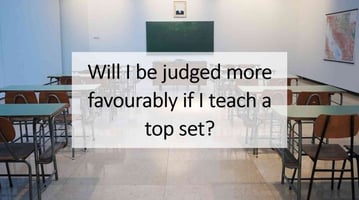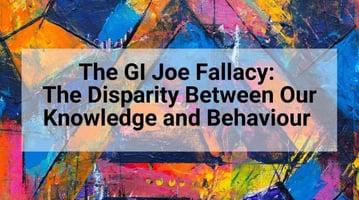In short, the answer appears to be yes.
Brief Notes for Lesson Observation Feedback Conversations
Some brief notes below for those providing feedback after lesson observations…
Remember that no two classes are the same
- Make an effort to understand the context of the class – you don’t know the students as well as the teacher does
- Be mindful of the halo (and golem) effect – it’s natural to be unduly influenced by positive (or poor) performance
- Avoid being domineering – don’t say, ‘I would’ve done…’
Acknowledge the complexities involved with teaching and learning
- Ask how the lesson went – you will inevitably have missed a lot of what went on
- Don’t feel like you have to define next steps – vague or contrived targets are useless
- Understand that your observation is a snapshot – a single observation is not definitive
Don’t forget that performance are learning are different
- Read Robert Coe’s poor proxies for learning summary – e.g. students are engaged, a calm classroom…
- Remember that learning is liminal – learning occurs over time and not in a single moment
- Ask about the intentions behind the actions – the assumptions you make can be wrong
Further reading
- Building a More Complete Understanding of Teacher Evaluation, by Julie Cohen and Dan Goldhaber (2016)
- What Do Teacher Observation Scores Really Measure?, by Matthew Steinberg and Rachel Garrett (2016)
- Folk Knowledge and Academic Learning, by David Gearey (2012)
- Student evaluation of teaching ratings and student learning are not related, by Bob Uttl et al. (2016)
- Self-Perceived Expertise Predicts Claims of Impossible Knowledge, by Stav Atir et al. (2015)
Thanks for reading –
Doug

.jpg?width=50&name=douglas-wise%20(2).jpg)


